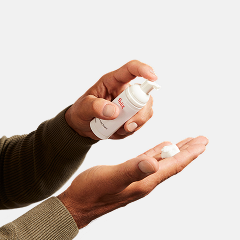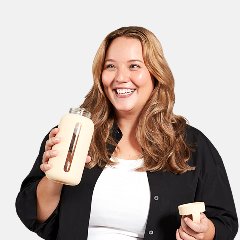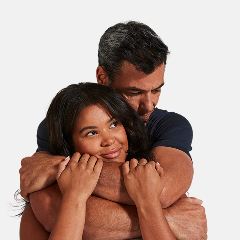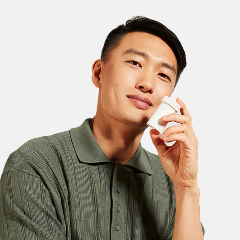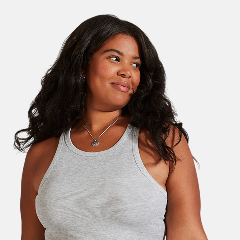Download the Felix App
Earn reward, visit our shop and get exclusive offers on the app
Download now

Through Felix, you can get Truvada® prescribed by a licensed healthcare practitioner with free delivery to your door.
Truvada is a fixed-dose medication that combines both emtricitabine and tenofovir disoproxil fumarate.
Truvada belongs to the HIV nucleoside analog reverse transcriptase inhibitor (NRTI) family of medications.
This medication can be used to help reduce the chances of being infected by HIV in:
This is sometimes called Pre-Exposure Prophylaxis or PrEP.
Truvada is also used to treat HIV infections, in combination with other anti-HIV medications.
Truvada is for adults ages 18 and older. For more resources, including a full list of the risks and benefits of Truvada, please review the product monograph.
Because Truvada is a fixed-dose combination medication, each of its two ingredients (emtricitabine and tenofovir disoproxil fumarate) affect the body slightly differently.
Both medications bond to plasma proteins within the body, and help to protect against HIV-1 infections by blocking HIV reverse transcriptase, which is an enzyme needed by HIV to multiply within your body.
When used with safer sex practices, Truvada may help to reduce the risk of getting HIV-1 infection, Truvada works better to reduce the risk of getting HIV-1 when the medicines are in your bloodstream before you are exposed to HIV-1.
When used with other HIV-1 medicines to treat HIV-1 infection, Truvada helps block HIV reverse transcriptase, a chemical in your body (enzyme) that is needed for HIV to multiply.
Truvada also lowers the amount of HIV in the blood (viral load). Lowering the amount of HIV in the blood lowers the chance of infections that happen when your immune system is weak (opportunistic infections).
Truvada is indicated for use as a PrEP medication, to help reduce the chances of HIV-1 infection, when used with safer sex practices.
It’s also used as a treatment for adults that are infected with HIV-1, in combination with other anti-HIV medications.
Truvada is available as an oral tablet, which is to be taken daily, either with or without food.
The dosing schedule is the same, regardless of whether it’s being used as a preventative HIV PrEP measure, or as an ongoing HIV-1 treatment.
If you take Truvada to reduce your risk of getting HIV-1, you must also use other methods to reduce your risk of getting HIV. Take Truvada every day, not just when you think you have been exposed to HIV-1.
Taking more than the recommended dosage will not offer additional protection. You should always follow the dosing instructions provided by your healthcare practitioner, so that your Truvada treatments are as effective as possible.
Just taking Truvada may not keep you from getting HIV. Truvada is not 100% effective at preventing HIV exposure.
Avoid doing things that can increase your risk of getting HIV infection or spreading HIV infection to other people:
Ask your healthcare provider if you have any questions on how to prevent getting HIV infection or spreading HIV infection to other people.
The most side effects from taking Truvada include:
Other side effects include:
You should contact your healthcare practitioner right away if you start to experience:
Your practitioner might suggest an alternative PrEP medication or HIV-1 treatment, if you’re experiencing any of these negative side effects.
While Truvada is largely safe for use among most adults, there are some people who shouldn’t use Truvada, such as:
In addition to these people, there are others that should be sure to talk to their healthcare practitioner before starting a Truvada prescription, such as:
Your healthcare practitioner will be able to ensure that you can safely take Truvada, or they may suggest alternative PrEP or HIV-1 treatments, based on your individual needs.
Further reading

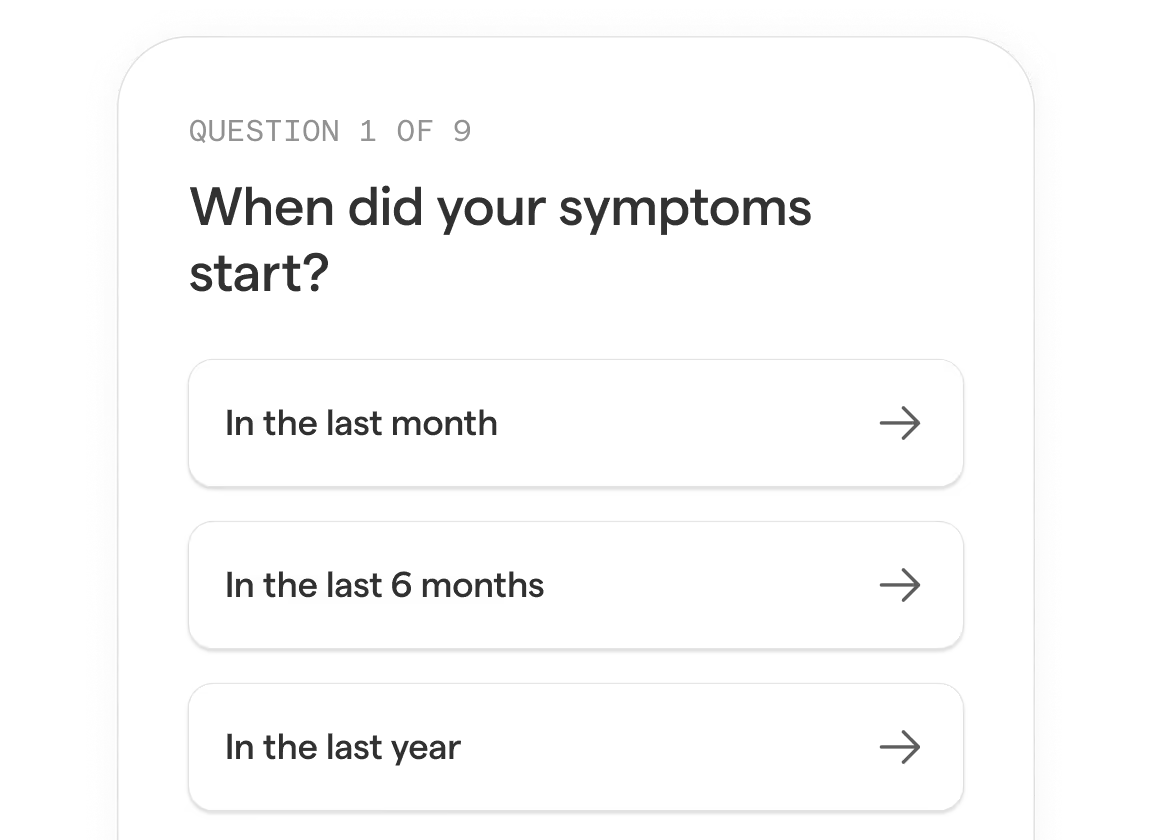
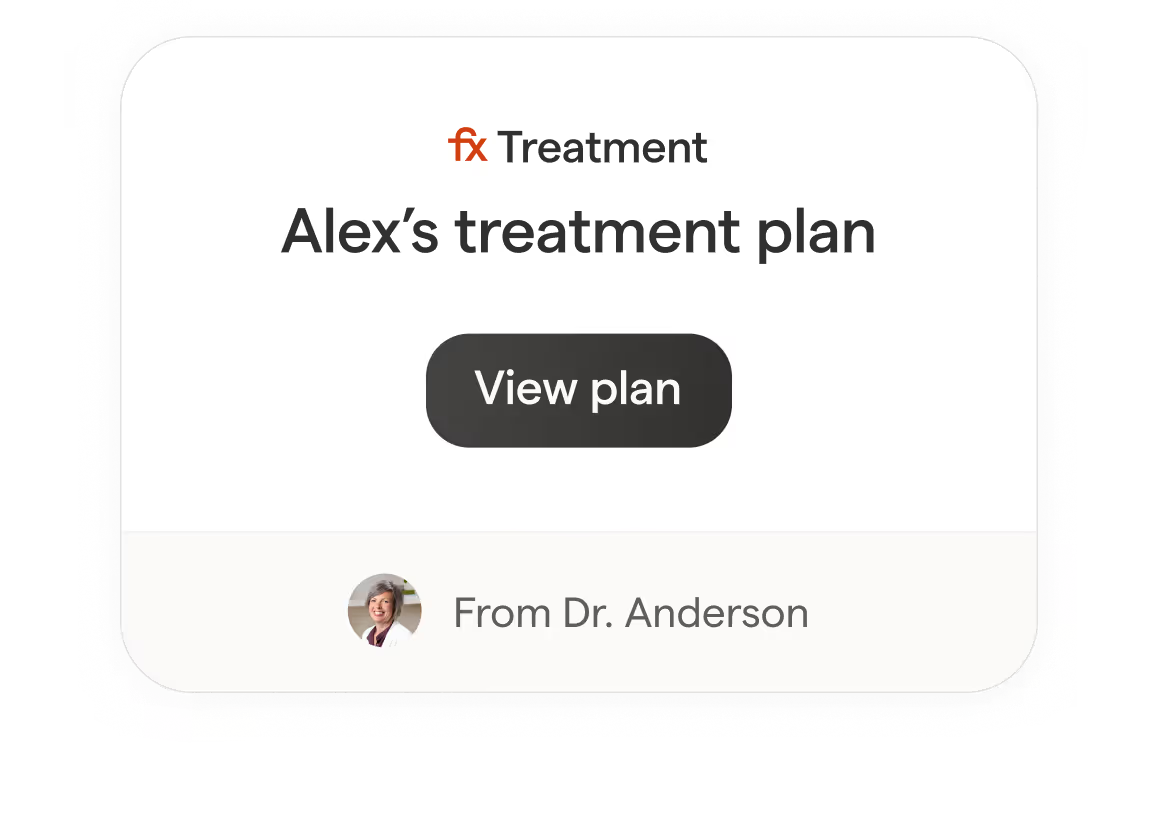
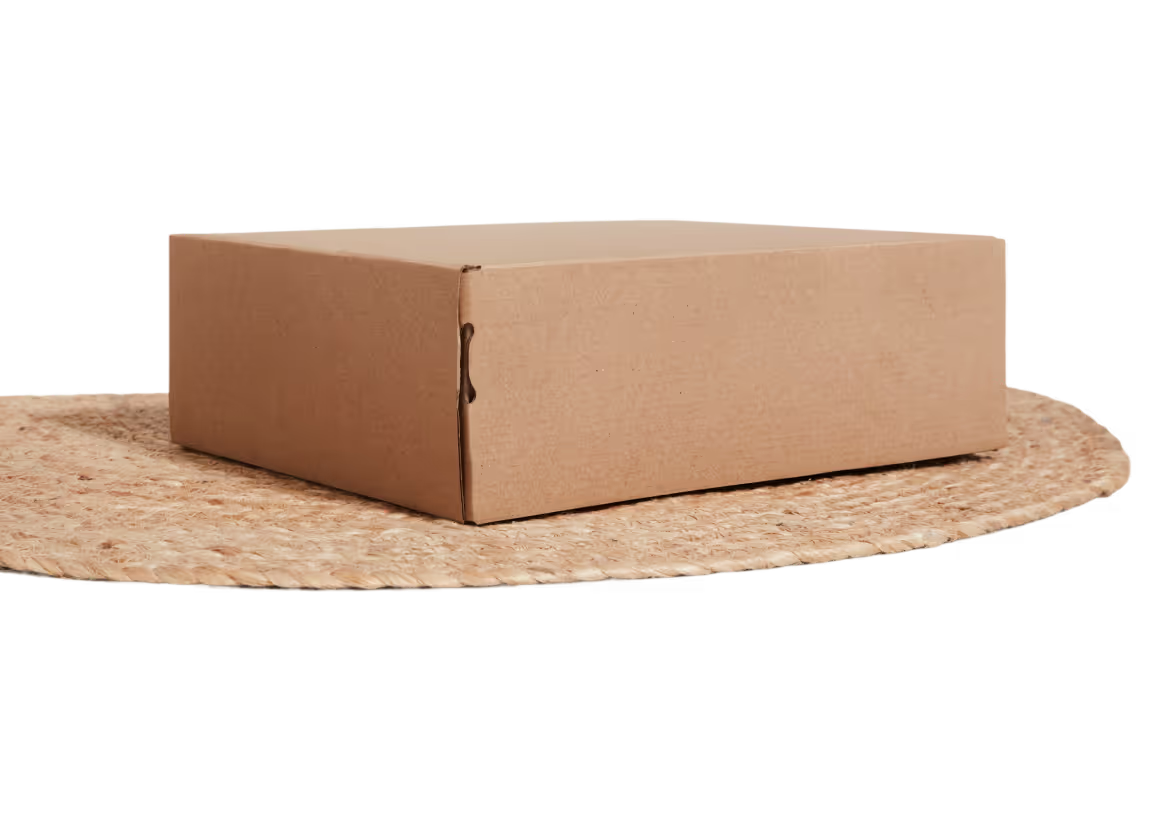




Yes. Prior to being prescribed Truvada through Felix, all patients need to complete initial lab work and regular subsequent tests to make sure it is still safe for them to be taking Truvada. Patients taking Truvada as PrEP need to complete regular lab work, to make sure it is still safe for them to be taking Truvada as PrEP.
During your online visit, you'll be asked for information about your health history for the healthcare practitioner to review. Your Felix healthcare practitioner will use this information to determine safety and potential side effects.
Felix is Canada’s first truly integrated healthcare platform. We provide on-demand treatment for everyday health needs like weight loss, mental health, sexual health, and more. Founded in 2019, our digital-first approach to healthcare includes everything from diagnosis to prescription — all accessible from the comfort of home.
No. Felix provides a faster, hassle-free way for you to get a treatment plan for certain conditions, but our service does not replace your primary care provider. For matters that extend beyond obtaining a lifestyle treatment safely and easily, we encourage you to consult your primary health practitioner in person — whether for checkups, personal health concerns, or to inform them about your current treatments or treatment plans.
Absolutely. Our online assessments have been designed to ask all the necessary questions required for diagnosis. We've worked with specialists to create an assessment process that can provide sufficient information for the healthcare practitioner to determine whether or not you are eligible for a prescription and craft an appropriate treatment plan.
Call 911 or proceed to your nearest emergency room immediately. Felix is not intended for medical emergencies. Once the emergency has been addressed or resolved, contact your prescribing practitioner to inform them of your experience as this may impact your current treatment plan.
Anyone who is 18 years or older (16 or older for acne and birth control prescriptions), and is located in Alberta, British Columbia, Manitoba, Newfoundland and Labrador, Nova Scotia, Prince Edward Island, Saskatchewan or Ontario. We cannot ship treatments outside of these provinces at this time.
After creating an account, you will complete a medical assessment for evaluation by one of the Felix healthcare practitioners.
During your assessment, you will have the opportunity to send your practitioner questions via secure messaging.
In most cases, practitioners will complete your assessment with secure messaging alone but sometimes they may determine you require an audio or video visit and/or further diagnostic testing to help determine the best treatment plan for you.
If your practitioner has determined a prescription treatment is appropriate, they will approve your visit and write you a prescription. Our pharmacy will then ship your prescription to your home.
You’ll be able to message your healthcare practitioner if you have questions or want to make changes to your treatment at any time.
No. We use an asynchronous telemedicine model so you can complete your online visit in your own time and we save your progress so you can come back later to finish it.
If you are completing a visit in the mental health or weight loss categories, your healthcare practitioner may require a phone or video call to discuss your medical profile further during the assessment process.
Most assessments do not require a phone or video conversation. Once a prescriber has reviewed the info in your assessment they will respond to you via secure instant messages that you can access within your Felix account.
If you are completing a visit in the mental health or weight loss categories, your healthcare practitioner may require a phone or video call to discuss your medical profile further during the assessment process.
You can expect to receive a response from a healthcare practitioner within 24 hours of submission. If you’ve been waiting longer than this, please reach out to our Patient Support team through the chat bubble in the bottom right corner of your account or our Contact Us page.
No. A visit with a licensed healthcare practitioner is required for all treatments currently provided through Felix’s service.
Not long. After completing your assessment, a practitioner will generally respond within 24 hours, and often much sooner.
Treatment plans will be processed within 2-4 business days of your approval date if there is nothing blocking fulfillment.
All packages usually takes 2-3 business days. You will receive an email with your tracking number once your treatment has been shipped.
Absolutely. All Felix shipments arrive in a nondescript blister package so you can have your treatment shipped wherever makes sense for you as long as there is someone there to sign for it.
A signature upon delivery may be required.
There is currently no cost to have your treatment shipped to you from our Felix Pharmacy network.
Yes, your security is paramount to Felix’s mission. Personal health information provided during your medical assessment is strictly and legally confidential between you and the Felix healthcare practitioner.
Beyond that, all your account information (including the medical assessment, credit card, and shipping information, etc.) is also stored safely and securely. Felix is compliant with all federal and provincial health privacy legislation. It is our duty to protect your data with comprehensive security infrastructure and stringent data policies to ensure it stays private and secure.
Read more on our Privacy Policy.
Yes! In Canada, only a licensed healthcare practitioner can write a prescription, and only a registered pharmacist can fill that prescription. We are supported by leaders in the Canadian pharmacology and specialized medical fields. Felix adheres strictly to all the regulations set forth by all applicable Colleges of Pharmacists and Colleges of Physicians and Surgeons in which we operate.
Absolutely. All prescriptions obtained via Felix are provided by licensed Canadian healthcare practitioners—the same as you would get at a hospital, doctor’s office, or clinic. These practitioners do not provide prescriptions unless they deem it medically safe and appropriate to write them based on your medical profile and assessment answers. Our assessments have been crafted by the practitioners on our medical team. Finally, all Felix Pharmacies are provincially accredited just like any retail pharmacy.
Your privacy is our top priority. All your data is 256 bit SSL/TLS encrypted, and we take significant steps to keep your data secure. You can read our Privacy Policy for more information.
Felix charges a fee for the online visit. In most cases the fee is $40 but varies by treatment category. The visit fee includes a prescription valid for up to a year (depending on the condition) and on-going support from the healthcare practitioner or pharmacist.
It depends. Treatment costs vary but will be in line with what you would pay at a pharmacy in person. You will see the estimated cost of your treatment before insurance, during the online visit but will only be billed for medication costs for your prescription once it is approved and sent to our pharmacy. Once approved, your treatment and payment will be processed within one to two days.
Keep in mind that you won’t necessarily need to pay the full price yourself. If you have insurance, Felix’s partner pharmacies will bill your insurer directly. You may also be eligible for financial support in your province.
We accept all major credit cards for any aspect of your treatment not covered by insurance or other financial support
Treatment coverage varies greatly between different insurance plans.
The good news is that if you are covered, Felix can bill your insurer directly, and then process your treatment plan at no additional cost to you. We recommend that you upload your private and/or provincial benefit card during the online visit so that our pharmacy partner can apply any coverage you are eligible for before processing your treatment plan.
Insurance coverage for treatment plans through Felix doesn't include the cost of your visit.
A Felix online visit is considered asynchronous since it is conveniently completed through a secure chat bases system. Currently, asynchronous visits are not covered by insurance or provincial health plans so you will be charged a visit fee, depending on the category of treatment you are requesting.
Medication coverage varies greatly between different plans, provinces, and has specific criteria that determine eligibility. For private insurance, we recommend contacting your benefits administrator with your details and the Drug Identification Number (DIN) and the drug name to determine your coverage.
For more details on provincial health plan coverage see below:
Alberta: Learn more about AHCIP here. Search for covered drugs here.
British Columbia: Learn more about MSP here. Search for covered drugs here.
Manitoba: Learn more about MHSIP here. Search for covered drugs here.
Newfoundland and Labrador: Learn more about MCP here. Search for covered drugs here.
Nova Scotia: Learn more about MSI here. Search for covered drugs here.
Ontario: Learn more about OHIP+ here. Search for covered drugs here.
Prince Edward Island: Learn more about Health PEI here. Search for covered drugs here.
Saskatchewan: Learn more about Saskatchewan Health Coverage here. Search for covered drugs here.

